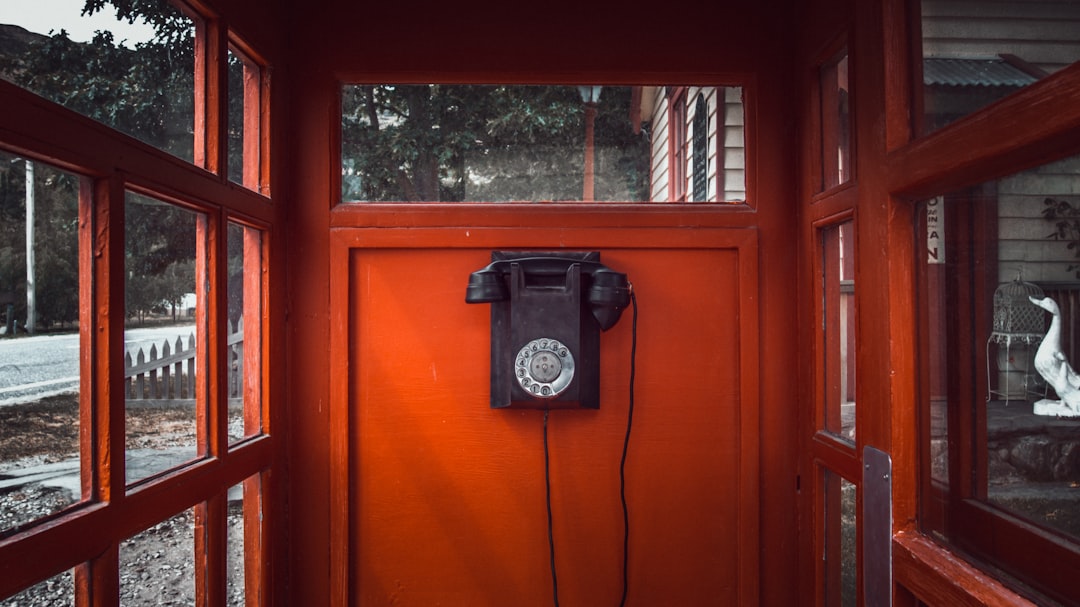Oklahoma City residents are facing an increasing problem with robocalls, violating personal privacy and causing stress and sleep disturbances. Smartphone apps now allow easier documentation and reporting of these unwanted calls, leading to more formal complaints against violators of Oklahoma's No Call Laws. This surge underscores the need for stricter regulations to combat the growing nuisance of automated marketing calls, which significantly impact residents' quality of life and mental well-being.
Oklahoma City residents are growing increasingly frustrated with the deluge of robocalls they receive daily. These automated, often unwanted, phone calls have become a widespread nuisance, prompting a surge in complaints to local authorities. This article explores why Oklahomans are taking action, delving into the rise of robocalls, the state’s No Call Laws, and the factors driving residents’ growing resentment against these intrusive marketing tactics. With technology making it easier than ever to report violations, understanding community perspectives on robocalls is crucial in light of Oklahoma’s current legal framework.
The Rise of Robocalls in Oklahoma City

In recent years, Oklahoma City has witnessed a surge in automated telephone calls, commonly known as robocalls, which have become a persistent nuisance for residents. This trend is not unique to the city but is part of a broader national issue where unscrupulous call centers and telemarketers are leveraging advanced technology to bombard consumers with unwanted marketing messages. The ease and low cost of making mass robocalls have led to a violation of personal space and privacy, prompting many Oklahoma City residents to take action.
The increase in complaints about robocalls has raised concerns among citizens, especially as these calls often break the state’s No Call Laws, which are designed to protect residents from excessive telemarketing calls. With the prevalence of smartphones, consumers now have more ways to document and report these unwanted calls, leading to a higher number of formal complaints. This shift in consumer behavior reflects a growing demand for stricter regulations and enforcement against robocallers.
– Exploring the volume and types of robocalls received by residents

Oklahoma City residents have been experiencing a surge in unwanted robocalls, prompting an increasing number of complaints. These automated calls, often promoting various products and services, are a common nuisance across the country, but their frequency in Oklahoma has drawn attention. Many residents report receiving multiple robocalls daily, ranging from marketing calls to political messages and even fraudulent schemes.
The volume and diversity of these calls have led to heightened concern among locals. While some calls may be easily identified as spam, others are more sophisticated, making it challenging for recipients to distinguish between legitimate communications and potential violations of No Call Laws Oklahoma. This rise in complaints highlights the need for better consumer protection and a deeper understanding of the impact of robocalls on daily life.
– Impact on quality of life and mental well-being

The relentless onslaught of robocalls has significantly impacted the quality of life for many Oklahoma City residents, causing distress and disrupting their mental well-being. These automated calls, often promoting various services or products, are not only annoying but have become a persistent nuisance, especially considering the No Call Laws Oklahoma has in place to protect citizens from unwanted telephone solicitations. Despite these laws, the volume of robocalls seems to be on the rise, leaving many residents feeling frustrated and overwhelmed.
The constant interruptions and the lack of control over receiving these calls can lead to increased stress levels and even contribute to sleep disturbances. Many individuals report feeling a sense of invasion of privacy, especially when personal information is shared or when calls are made at inconvenient times. This constant connection can make it challenging for people to disconnect and find peace in their daily lives, affecting their overall mental health.






